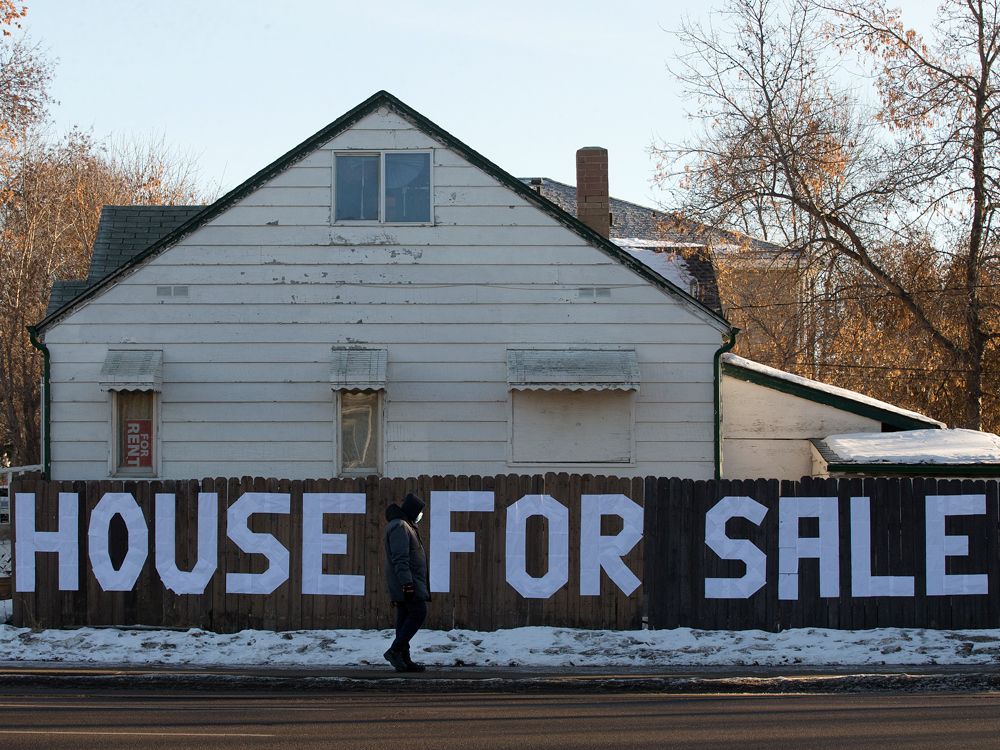
Happy New Year (somewhere) !
The last day of 2021 seems a good time to look back on what some call “the hottest year in Canadian real estate history,” and ponder what’s in store for the coming year.
In a new report, online realtor Zoocasa makes five market predictions after an extraordinary year that will be remembered for record-breaking sales and price gains of over 20%.
1) Low housing supply is not a quick fix
Low inventory of homes for sale proved a major driver of prices in 2021. Zoocasa said the Canadian Real Estate Association cites only four times in history when the national total months of inventory on the market dropped below two months, and they were all in 2021.
When there were quieter months in the market this past year it was not because of waning demand but because there were fewer homes for sale.
“Put simply, we are seeing record-breaking low levels of inventory, where there are significantly more buyers in the market than there are properties to buy,” said Zoocasa CEO Lauren Haw.
“Supply will be a critical metric to watch heading into the new year – especially knowing that we may see a hotter January and February than usual, as buyers look to lock in a mortgage rate before next year’s anticipated increases.”
Nor do housing experts expect this to change anytime soon.
“The fact is that the supply issues we faced going into 2020, which became much worse heading into 2021, are even tighter as we move into 2022,” said Shaun Cathcart, CREA’s senior economist.
2) Mortgage rate hikes may not be so bad this time
Interest rate hikes, signalled by the Bank of Canada to come in mid-2022, are on the minds of home buyers and home owners alike.
But how bad will it be?
To find out Zoocasa looked back to the last time Bank of Canada rates rose in 2018. That year there were three hikes and real estate activity did slow, with prices falling 4.9% year over year and sales down 19%.
But housing experts say the decline was mostly brought on that year by the introduction of the stress test, which cut affordability for the average home buyers by 20%, said Zoocasa.
“Although the last time interest rates rose we saw sales activity cool down, it’s important to remember that this change went hand in hand with the implementation of the mortgage stress test, which dramatically impacted the amount that prospective buyers could qualify for,” said Haw. “And, because Canadians have been stress tested to qualify for their mortgages at rates upwards of 5%, we have been prepared as best as possible to weather an increase in rates.”
Under current stress test rules, fixed mortgage rates would have to rise to 3.25% for the amount buyers are qualifying for to change, she said.
3) Home prices will keep going up
The race to beat mortgage rate hikes, continuing COVID restrictions and the low supply of homes on the market are expected to keep driving prices higher in the new year.
CREA predicts national prices will rise 7.6% by the end of the year. Realtors’ forecasts aim higher, with RE/MAX predicting a 9.2 per cent increase and Royal LePage, 10.5%.
Zoocasa said, judging by the 2018 experience, it will be the more affordable homes, like condos and townhouses, that will see the most price growth, as interest rates rise.
In 2018, the prices for condo townhomes and apartments in Toronto rose by 9% and 10% respectively while detached home prices decreased by 4% year over year.
Royal LePage also predicts that in 2022 condo prices will lead growth in Toronto with a 12% rise.
4) Virtual home hunting is here to stay
Even after COVID-19 restrictions eased in the second half of the year and open houses resumed, virtual home hunting has remained popular, said Zoocasa. With access to online tours and able to browse listings on real estate apps, buyers “aren’t necessarily in a rush to go back to the old way of buying houses.”
5) Housing will be an election issue — again
Housing affordability was a big issue in this year’s Federal election, but Ontario voters can expect to hear more promises in provincial and municipal elections slated for 2022.
Voters might want to pay attention because much of the policy that actually affects housing, such as planning and zoning laws, is managed at provincial or municipal levels.
Posthaste would like to wish all our readers a very happy new year. We’ll be back Jan. 5 after the holiday.
_____________________________________________________________
Posthaste: Five market predictions in the wake of the 'hottest year in Canadian real estate history' - Financial Post
Read More
No comments:
Post a Comment